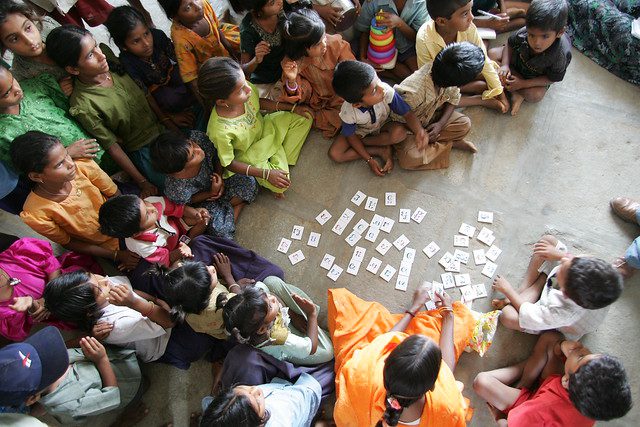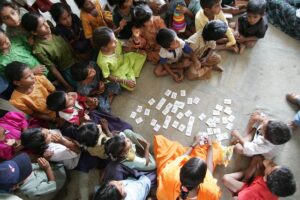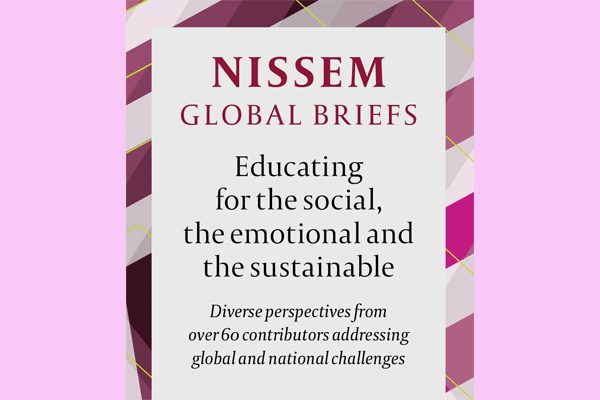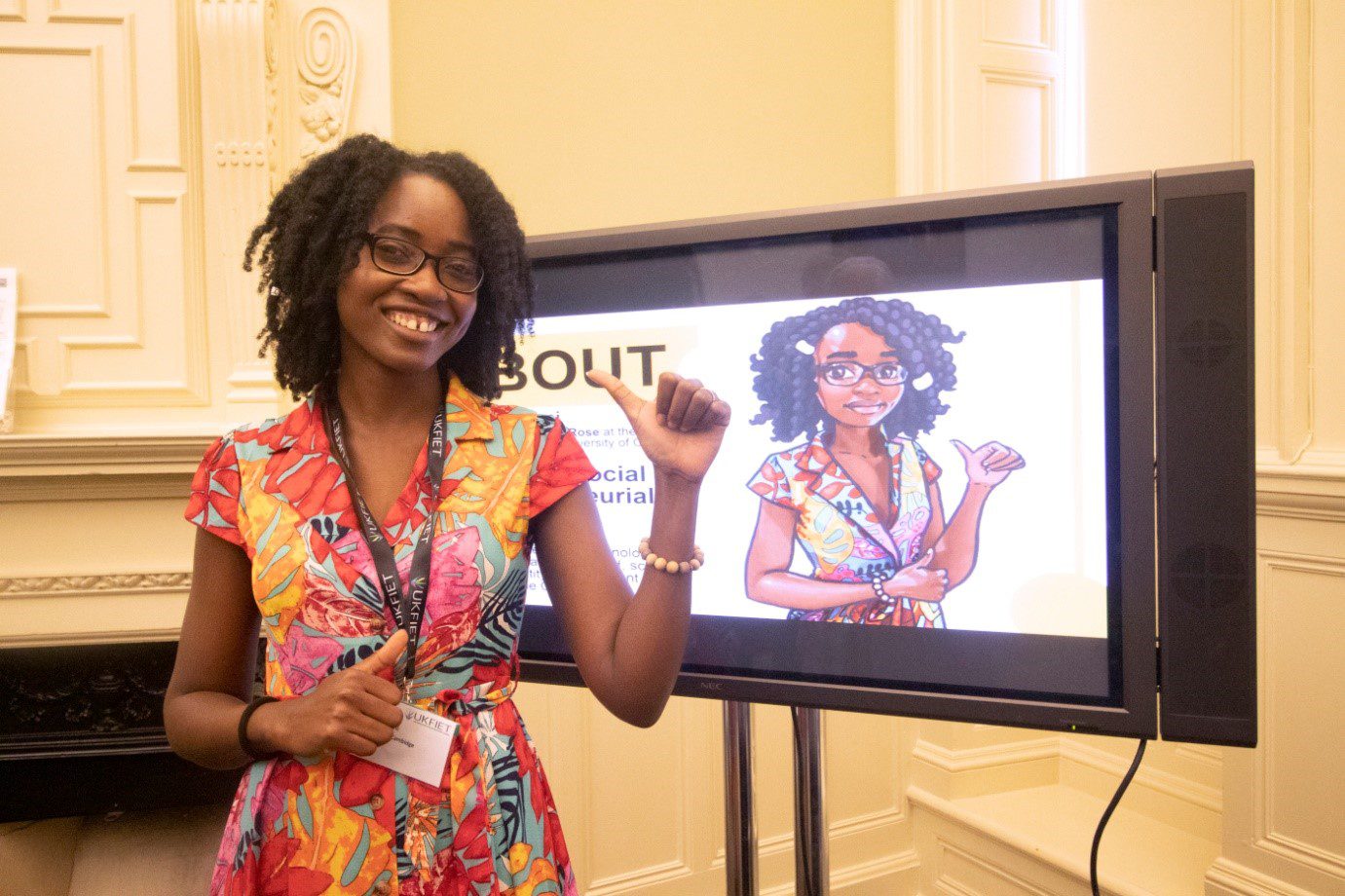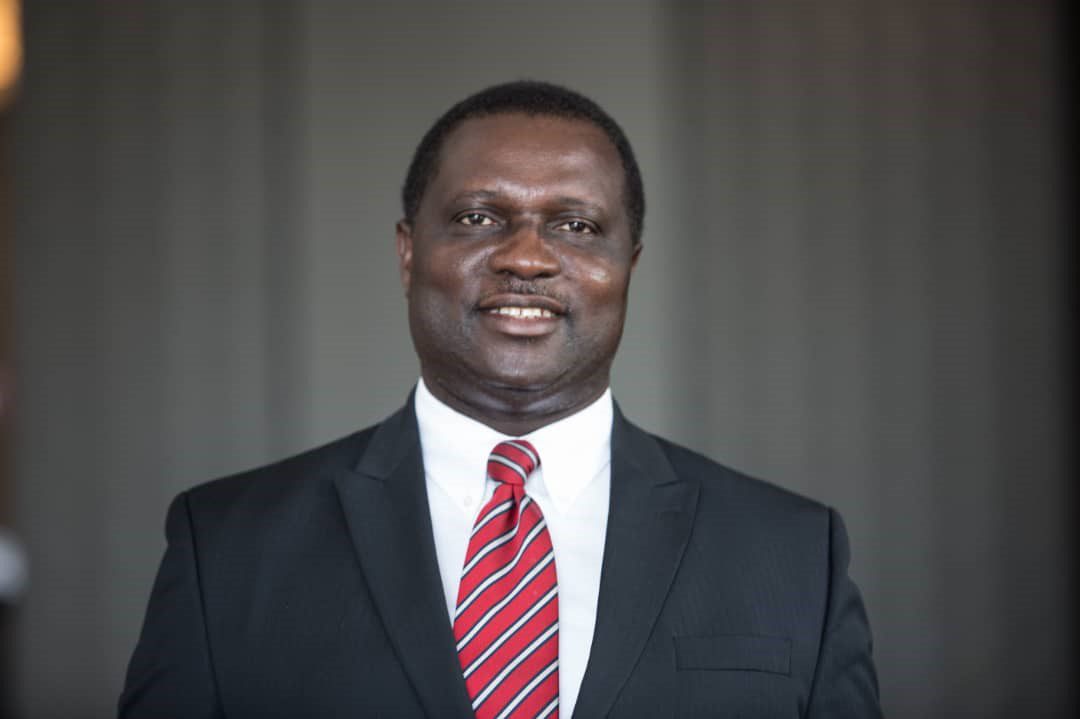This blog was written by Radhika Gorur, Associate Professor of Education at Deakin University, Australia, and a Director of the Laboratory for International Assessment Studies. The author will be making a presentation at the September 2019 UKFIET conference on inclusive education systems.
With the focus of SDG4 on the quality of education, and on monitoring and accountability to ensure quality, the ‘learning crisis’ has become intimately intertwined with a ‘data crisis’ in global discourse. Global actors like UIS Director Sylvia Montoya argue that there is an urgent need for globally standardised data generated using common technical guidelines. They argue that this is essential for meaningful conversations about the learning crisis at the global level, for securing donor support, and for monitoring the effects of interventions. They also insist that such data are needed by education ministers to address the learning crisis in their countries.
Actors at the school level, on the other hand, lament that supplying data to satisfy distant data demands takes up too much of their time. The kinds of data they are asked to produce – figures on enrolment, school facilities, teacher-pupil ratio, etc. – are not helpful to them in their teaching or even administration. In my interviews, teachers and principals in rural Karnataka said they already had all the information about the barriers to improved outcomes – students living in poverty, being first in family to go to school, competition from private schools residualising their student pool, a shortage of qualified teachers – they just did not have the resources to do much about these issues. And if they didn’t have to constantly be preoccupied with onerous data demands whilst grappling with slow internet speeds, lack of electricity, lack of computers etc., they might be able to focus on improving student outcomes.
This paradoxical situation – where overworked local actors are forced to supply data to the neglect of their students, so that global actors can have conversations about how to help them – points to the need for a radical rethink on global metrics. Here are some ‘what if’ questions to begin conversations about alternatives to the current approaches:
- What if we reconceptualised aid and development so that the needs of local actors were privileged over the needs of global players? What kinds of data would we then be generating?
- What if, instead of globally comparable data to compare countries with completely different histories and cultures and politics, etc., comparisons consisted of locally accepted measures of improvement over time, based on case studies rich with video data, interviews with teachers, community workers and children – and these data were used in conversations between global actors and funding agencies? This would produce data that teachers could also use, rather than just data for global monitoring. And donors would know – in more authentic and precise detail – what return they got on their investment.
- What if, instead of trying to solve what are very specific problems relating to each school, community, district, etc. through global summits and high-level forums, aid and development agencies deployed personnel in high-need areas to support policymakers as well as students and teachers in learning and teaching, in a sustained manner, charting progress through the accumulation of a range of evidence?
The data harmonisation and alignment that global actors seek cannot be achieved simply through declarations and promises. To effect true partnership, perhaps they should start at the ground level, working with schools and communities to jointly figure out what data, technical expertise and resources are needed, and work with them to amass evidence – not just ‘data’ – to trace their trajectory over time.
Might shifting attention from the ‘data crisis’ to the ‘learning crisis’ be a much-needed course correction, given that current prospects for achieving the SDGs appear bleak?

